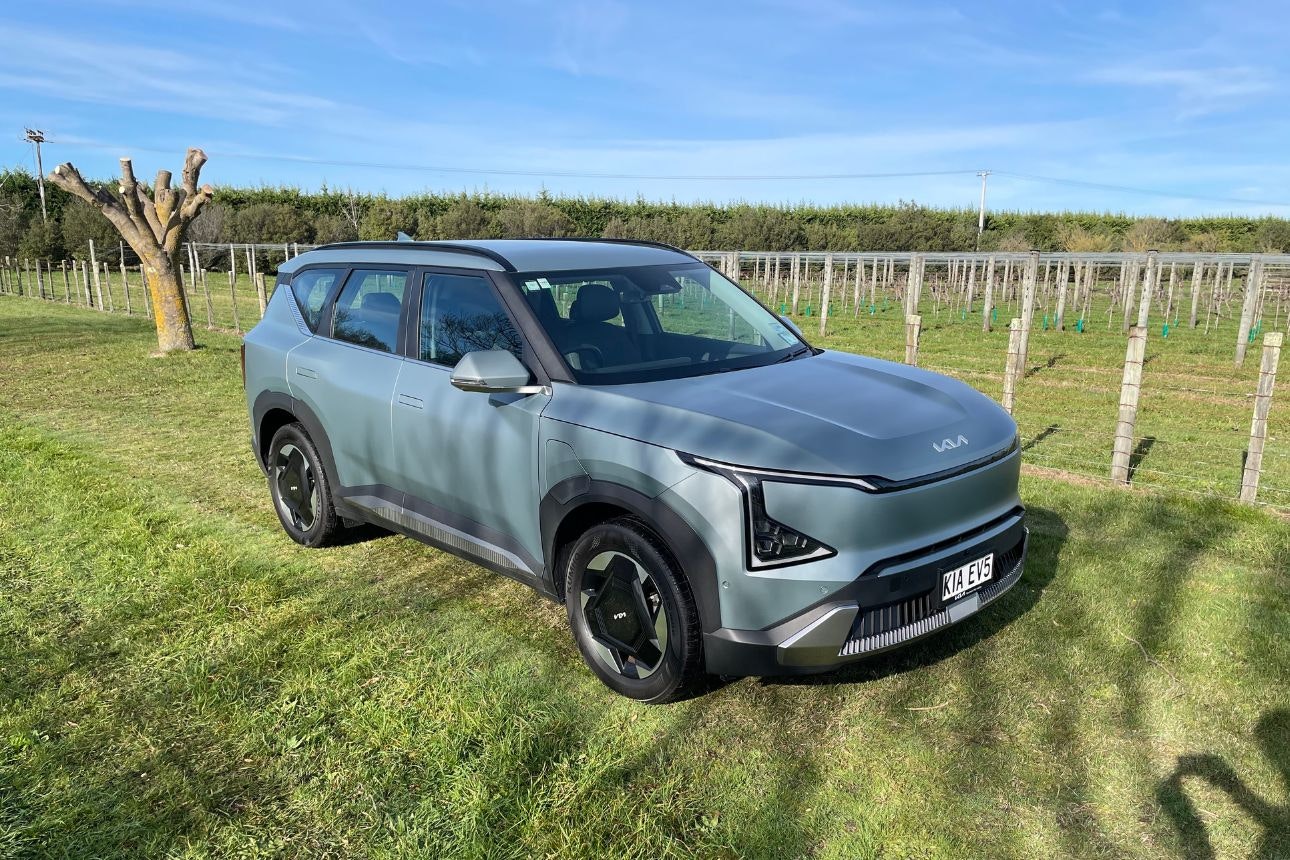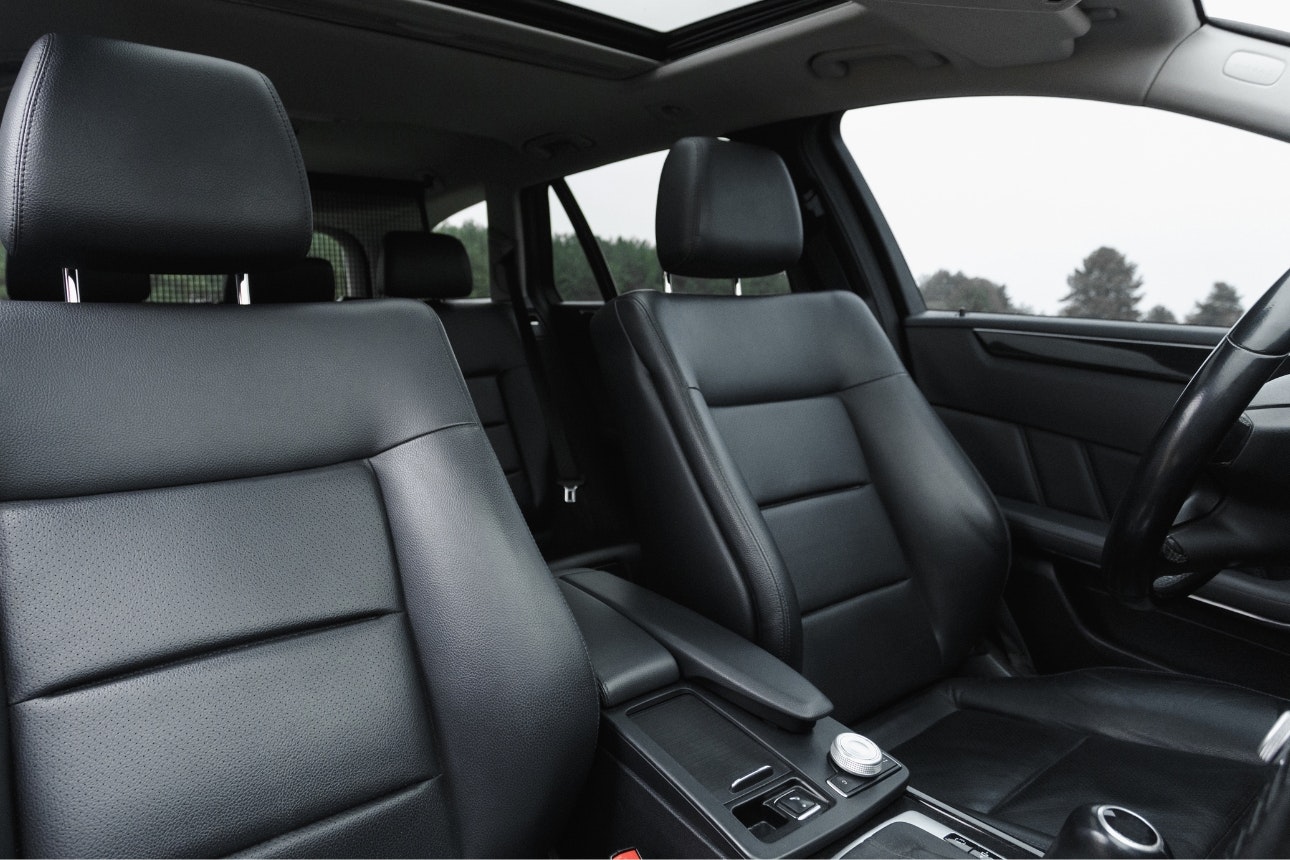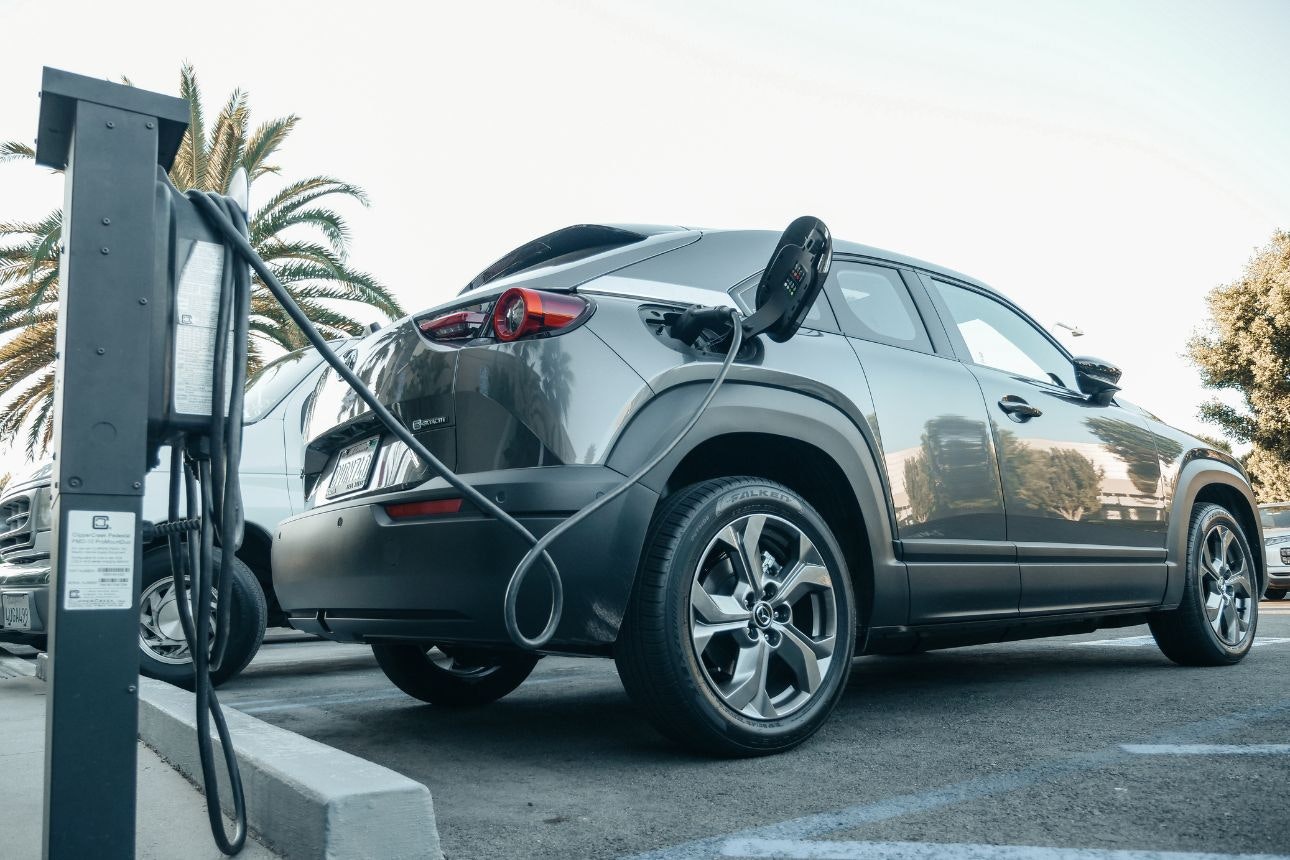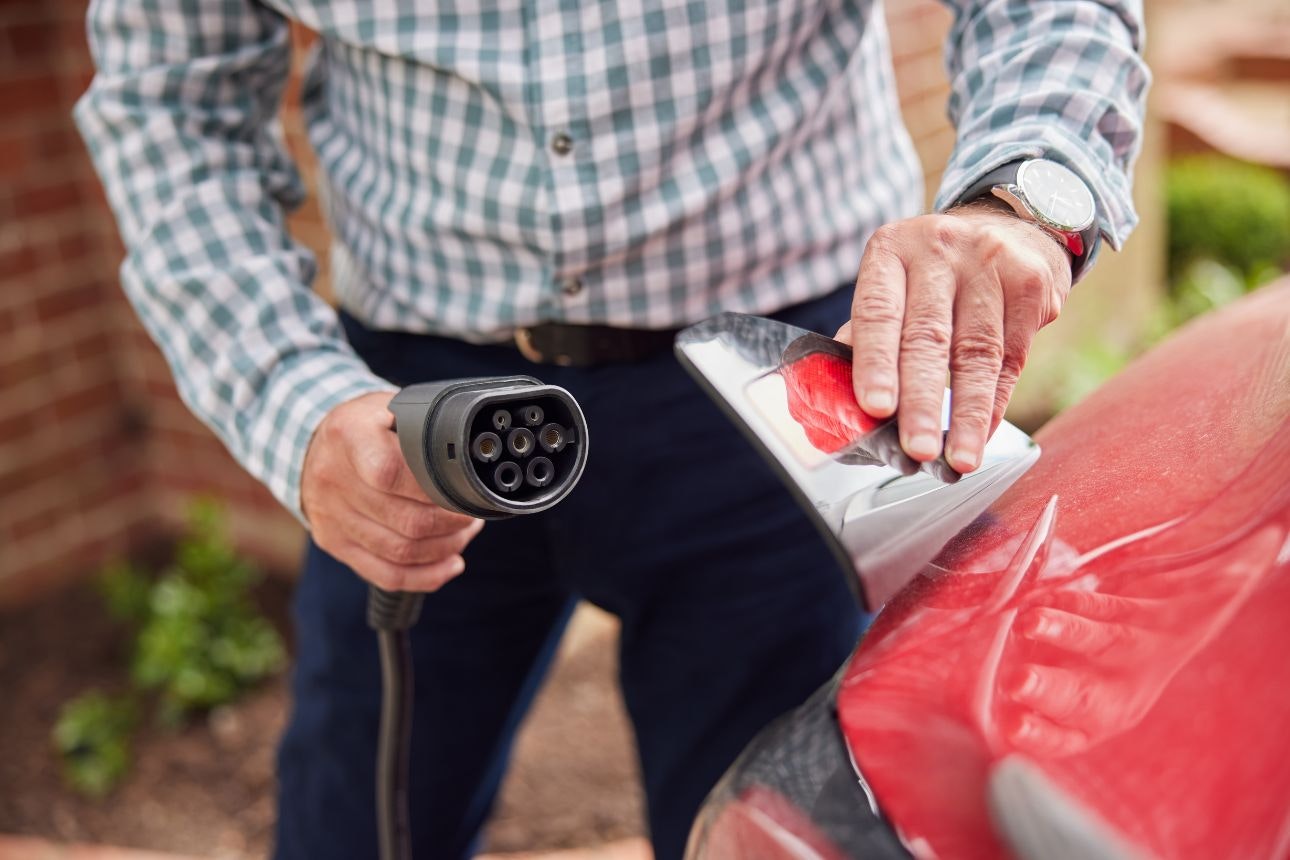
By Paul Fuge
Powerswitch Manager | Pou Whakahaere Powerswitch
Electric vehicles (EVs) are sparking a re-volt on New Zealand roads, quietly helping phase out our dependence on expensive foreign fossil fuels.
On this page
- Myth: EVs don't have enough range for New Zealand roads
- Myth: EV charging is inconvenient
- Myth: EVs are prohibitively expensive
- Myth: EVs aren’t as environmentally friendly as they make out
- Myth: EV batteries don’t last and need to be replaced after 10 years
- Myth: EVs struggle on hills and rough roads
- Myth: EVs are fire hazards
- Myth: EVs will overload our electricity system
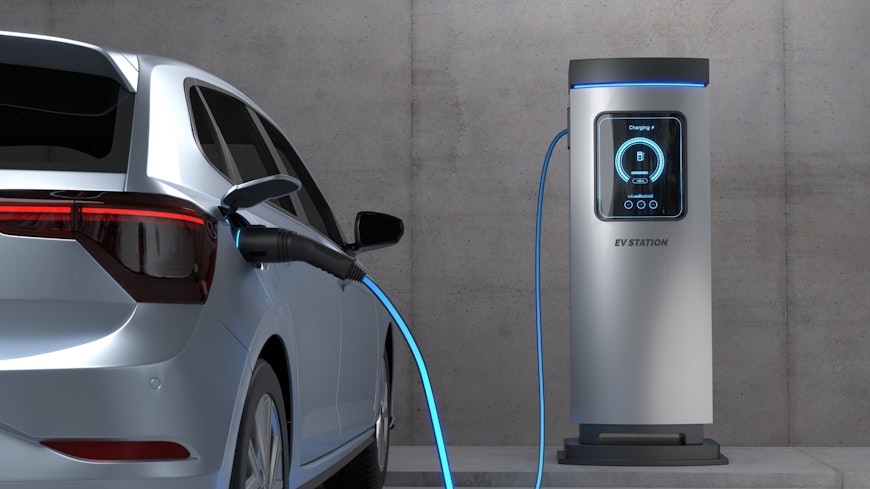
But despite their appeal, plenty of shocking myths still charge up debate, keeping some would-be buyers stuck in neutral. Concerns about cost, range and battery life often overshadow the positive benefits that come with EV ownership.
So, let’s plug into the facts, zap some myths and see why many savvy New Zealand drivers are amped to switch to an EV.
Myth: EVs don't have enough range for New Zealand roads
Range anxiety—the fear your EV will conk out in the wop-wops, leaving you stranded, with nothing but a half-eaten pie and a confused looking sheep for company. But let’s put the brakes on that worry because, the truth is, most people drive less than they think.
In fact, 90% of trips are less than 90km, with the average vehicle trip in New Zealand just 20km. Most drivers rack up around 270km per week. This is well within the capability of modern EVs, which typically offer between 300km and 500km from a full charge, meaning they can handle everything from your daily commute to that last-minute road trip to the bach. By comparison, petrol and diesel cars get around 600km to 700km per tank.
And let’s not forget New Zealand’s ever-expanding charging network. With more fast chargers popping up all over the place, keeping your EV juiced up is easier than ever. So, unless your daily routine involves a spontaneous dash from Cape Reinga to Bluff, chances are your EV will get you where you need to go without any shocking surprises.
Myth: EV charging is inconvenient
With a normal range of 300km to 500km, most EV owners only need to charge once a week—and this usually happens at home. Around 80% of EV owners do more than half their charging at home. Public chargers? They’re mostly for road trips.

But even if you’re hitting the open road, with more than 1,000 public charging sites and fast chargers around every 75km along our major highways, you’re never that far from a top-up. Apps like PlugShare and ChargeNet make finding a charger easy, and plenty of shopping centres, motels and workplaces now offer charging options.
Around 15 to 30 minutes (just enough time to grab a coffee and contemplate your life choices) at a fast charger will give your EV another 100km. You should take a break at least every 2 hours anyway, if only for your bladder’s sake.
Because its mostly done at home, EV charging is generally more convenient than refuelling a regular car. Just plug in overnight from the house, and boom – you’ll wake up to a full battery, no trips to the petrol station required. (Bonus: You’ll avoid the siren song of petrol station pies and bags of jet planes.)
Want to see how much you could save on charging your electric beast? Check out the best power plans for charging your EV on the Powerswitch website.
Myth: EVs are prohibitively expensive
The upfront cost of EVs has been on a downward trend, mainly due to significant reductions in battery prices over the last 15 years prices. Prices for EVs are dropping steadily, but some people still think they’re the luxury yachts of the car world. So, let’s plug into the facts before we short-circuit the conversation.
Electricity is cheaper than petrol
Imagine if a petrol station suddenly dropped its prices to $1.60 per litre — there’d be chaos and queues to the horizon. Well, good news! Charging an EV at home is already that cheap. Even factoring in road user charges, it's around $1.90 per litre equivalent, and with off-peak rates, it’s an electrifying $1.60. That’s some serious savings worth charging toward!
Lower maintenance costs
EVs don’t require oil changes, and you won’t be at the mercy of costly mechanic bills caused by the myriads of components that can fail in a complex internal combustion engine because, spoiler alert, EVs don’t have one!
Fewer moving parts mean fewer things to break, which translates to lower maintenance costs, greater reliability and more money in your pocket.
EVs are cheaper over time
The second-hand market is buzzing. With a steady stream of used Japanese imports and more affordable new options appearing, there’s never been a better time to get behind the electric wheel.
Still not convinced? According to the Energy Efficiency and Conservation Authority (EECA), the total cost of owning an EV over five years is just 67.5% of what you’d pay for a petrol alternative. That’s some shocking savings!
So, while an EV’s upfront cost can be a higher, the long-term savings make the EV a wise choice for cost-conscious households.
Myth: EVs aren’t as environmentally friendly as they make out
Some people claim EVs are just wolves in eco-friendly sheep's clothing. Sure, building EVs (especially their batteries) isn’t a zero-impact process. It’s wrong to think any car could be truly "good" for the environment. A more accurate way to look at it is to consider which cars are less harmful to the environment and, over their lifetime, EVs leave a much smaller carbon footprint than their petrol-powered cousins.
90% of NZ's electricity is renewable
In New Zealand, we’re lucky – close to 90% of our electricity comes from renewable sources. That means we’re charging our EV using some of the cleanest energy in the world. In fact, thanks to our green grid, EVs in New Zealand emit up to 90% less CO₂ than petrol cars.
Less lifetime emissions than a petrol car
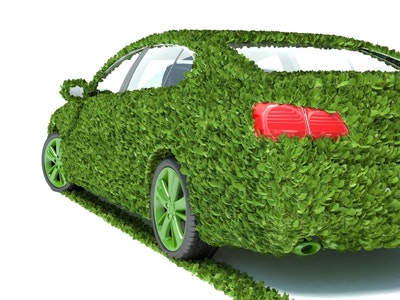
Sure, the construction of an EV has a negative environmental impact – but so does making any car. However, even when you factor in the emissions from the mining and manufacturing and then shipping that EV to New Zealand, once the rubber hits the road, an EV driven in this country still produces 60% fewer emissions over its lifetime than a petrol equivalent.
So don’t let the skeptics pull the plug on progress—EVs definitely offer a cleaner, greener drive into the future!
Myth: EV batteries don’t last and need to be replaced after 10 years
Some people think EV batteries have the lifespan of a packet of Tim Tams in a student flat. But, unlike the Wellington Phoenix FC, EV batteries are exceeding expectations and could last up to 40% longer than previously estimated.
While it’s true first-generation EV batteries aren’t as good, most modern batteries will happily power on for 15–20 years, with at least 80% capacity after a decade.
Myth: EVs struggle on hills and rough roads
Unlike internal combustion engines, EVs deliver torque instantly to the wheels, making them perfect for steep inclines and challenging landscapes. Electric motors are also about 85–90% efficient, compared with a petrol engine’s efficiency of around 20-30%. Additionally, EVs use regenerative braking, which recovers energy when going downhill, improving the vehicle’s efficiency even more and reducing brake wear.
Myth: EVs are fire hazards
Some people think EVs are just waiting to burst into flames like a dodgy backyard Guy Fawkes display. In fact, they’re 20 times less likely to catch fire than petrol or diesel cars. So, if you’re worried about car fires, don’t give the EV the side-eye: the larger fire risk is travelling around with a tank full of flammable liquid!
Myth: EVs will overload our electricity system
If we all plug in our EVs at once, the grid will collapse faster than the Black Caps' top batting order on rough pitch, right? Nope. Even if every light vehicle in New Zealand went electric overnight, total electricity demand would only increase by about 20% – a level that can be easily managed with smart planning.
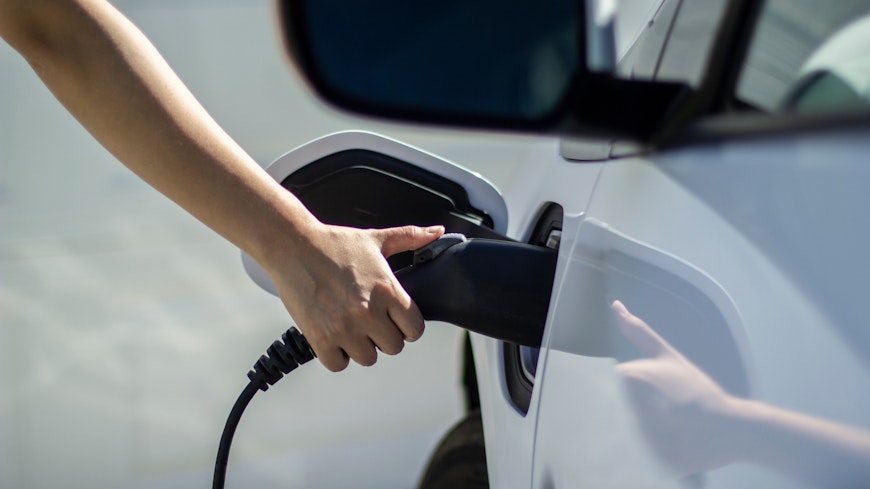
The boffins over at Transpower - that’s the people who run New Zealand’s national grid - have crunched the numbers and confirmed that EV adoption won’t overload the system.
But even if EV adoption skyrocketed to millions, the grid could still handle the transition if smart charging were used to shift demand away from peak periods. In fact, by charging EVs during off-peak hours, we can optimise the electricity system, reducing the need for costly upgrades in generation, transmission and distribution, potentially saving money for everybody!
So, there’s no need to worry—your electric vehicle won’t trigger a nationwide blackout.
We get it; being a petrolhead is fun, and if roaring engines and the smell of diesel are your thing, more power to you. But if you’re looking to save money on your daily runaround, an EV is a good choice. Don’t let scuttlebutt hold you back – save the classic for Sunday drives and let an EV handle your Monday to Friday grind.
